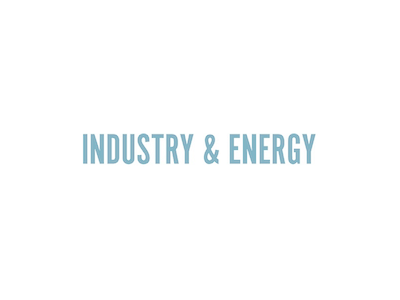The Netherlands – Nobian’s chlorine facility in Rotterdam, the Netherlands, will be added to Vattenfall’s flexible capacity to better balance the grid as the first large-scale industrial customer.
The Rotterdam chlorine factory Nobian can now respond to the rising changes in electricity supply caused by the expanding use of solar and wind energy thanks to a partnership with Vattenfall.
If there is more or less electricity available from renewable sources, Nobian can instantly modify the chlorine output. When there is insufficient power to meet demand, the chlorine production is automatically reduced. When the supply allows, production is boosted once again. Vattenfall’s real-time help fully automates this change. Nobian provides 40 MW of flexible capacity to the grid in this way, which is around a fifth of their chlorine production.
Regulating power
The supply of electricity is experiencing greater peaks and dips as a result of the increased amount of solar and wind energy. TenneT, the Dutch TSO, balances this by using regulating power. Vattenfall, for example, is one of the sources of this regulating power. The regulating capacity is made up of a group of production sites, primarily gas-fired power plants, that can instantly deliver more or less energy. This is currently being supplemented by Nobian’s chlorine production.
The existing source of regulating power is primarily fossil-fueled power plants. The chlorine plant’s flexibility allows the grid to be stabilized with less fossil energy. As a result of this agreement, all parties are contributing to the energy transition and meeting their sustainability goals. Within one generation, Vattenfall wants to be fossil-free. By 2025, Nobian wants to use 50% renewable energy.





